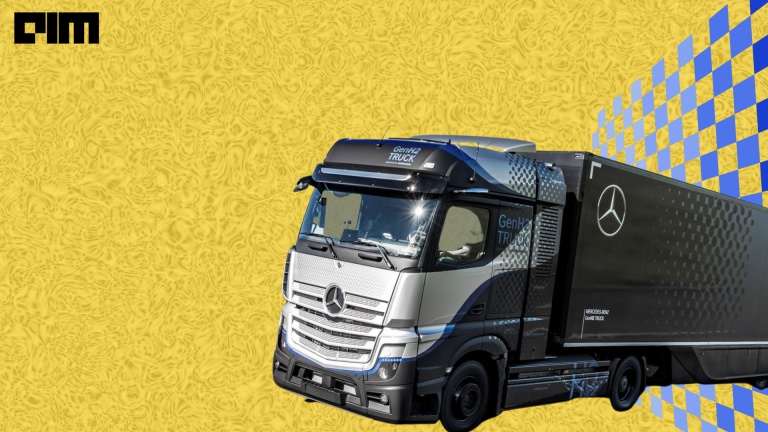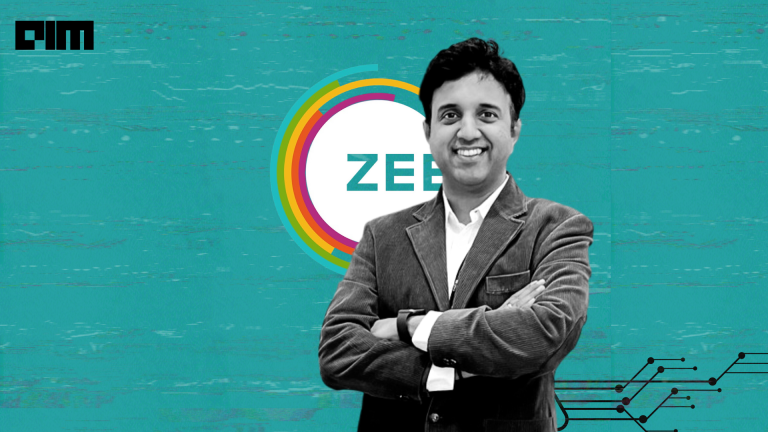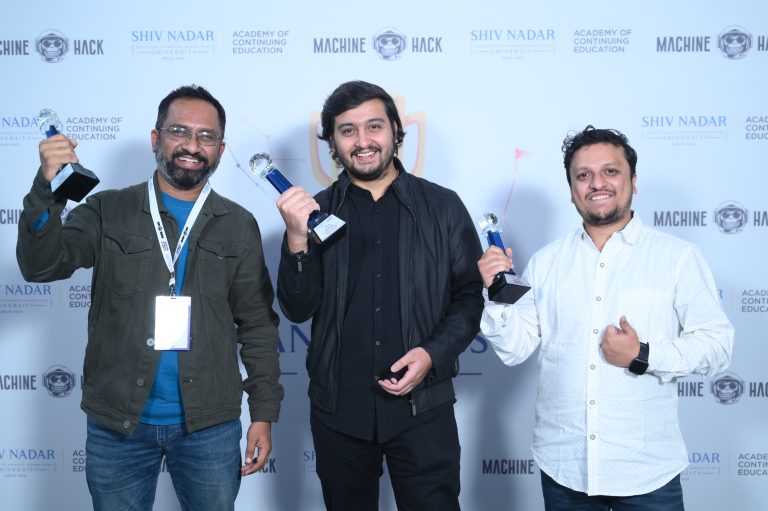|
Listen to this story
|
Kicking off from a pretty small segment to now streaming 40 billion minutes, along with processing around 4 petabytes of data every month, Pocket FM claims to have built the first audio-entertainment OTT company, globally.
As per Pocket FM, its content recommendation system is getting built from scratch without any reference framework in the audio OTT space. It is also building generative AI capabilities across NLP, text2speech, and image. The company claims that the streaming on the platform doubled to 40 billion minutes with the average daily listener time exceeding 100+ minutes.
Analytics India Magazine reached out to Prateek Dixit, CTO, and Co-founder, of Pocket FM, to know more about the company.
AIM: How does Pocket FM distinguish itself from the competitors?
Dixit: Pocket FM software is different from the competitors obviously in terms of the content diversity that it offers. The music or podcast the other platforms provide creates fatigue after a time. As a listener, I can’t listen to music every day and even if I’m listening to music for an hour a day, I can’t listen to the same song or the same podcast. It’s all about content diversification, after which personalised discovery comes on top of it.
This is where Pocket FM excels. We provide a tremendous amount of diversity to our users. Be it users of any age group, we provide content to all with a layer of personalised discovery on top of that. So you will find content of your interest, and I’ll find mine, instead of everyone being recommended the same thing and then hitting fatigue after a point.
So the content diversification and the library of contents that we provide, and then that sweet layer of personalisation to top it, distinguishes Pocket FM from other competitors.
AIM: How do you plan to compete with key competitors like Spotify?
Dixit: So, first of all, I think Spotify is not a competition of ours. Their primary offering is music, while our primary offering is long-form audio series content. Also, our audio series is a bit unique in nature, where we talk about the stats for the content that we provide. One of our shows has caught half a billion plays, and around 20 of our audio shows have crossed 100 million.
That level of efficacy and stickiness is way, way higher than other music or the platform site — people build character affinity around these shows. And since we are focusing more on audio series, the sheer amount of additional information gives us more data points to leverage around creating a personalised user experience. I know that a particular user listens to the show for, let’s say, 50 hours. Now, those 50 hours of content give me a tremendous amount of data to build recommendations for the user. Now, that kind of content could have both implicit or explicit kinds of data. It could be, let’s say, the character you like or a dog or the voice of a particular artist, or it can even be the author. So we then have a lot of impressive survey data points as well. And the amount of data that we have located right around a user’s engagement time is something that we utilise to build for the population.
We also like to think that the overall amount of user data that is based on the content we have is something that no one has, at least in India. That, sort of, gives us an edge over our competition to build better distribution.
(Pocket FM’s ML Recommendation System; credit: Pocket FM)
AIM: What’s your business model?
Dixit: We are basically a freemium model, so we don’t have any hard paywalls as such. We let users consume content for free. The way we monetise the content is through the content windowing strategy. So we put paywalls, say, after an hour of particular content. We also have introduced a micro transaction-based business model; we started microtransactions back in February 2022. And we reached $25 million in annual recurring revenue last month. This is 12x growth in revenue in six months.
Pocket FM is an open platform where anyone may come and create their own audio show. When we talk about competing with several other players, it’s all about making yourself defensible, getting the IPs, and creating the technology behind driving that company. So we believe that the content IP, the community, and the AI runs the entire product.
AIM: Can AI take over the jobs of voice artists?
Dixit: We are already using that technology and it’s eventually going to expand in the future, but we believe it’s not going to take over the music world. The musician or the artist is the heart and soul of the entire ecosystem, and AI should not take away years of hard work. But we believe that at a shallow level, let’s say, creating very small content of one minute, it can be used. But if we talk about the larger picture, we believe that the community, the actual voice artists, will lead the way.
We have models where we can clone artists’ voices, but in terms of utilising those voices for monetisation is something that we are still unsure about. I think without a proper monetizing model, we can’t even clone the artists’ voices. If we talk about its larger use case, it can be used to create music on top of the artist’s voice, which will be a helpful tool only for budding artists, and it can albo be monetised.
When it comes to generative AI, I think we are doing some research there; as a tech and AI driven company, we believe that we have to have those cutting-edge technologies. We are thinking in terms of creating the cliffhangers in the script with the help of large language models.



















































































